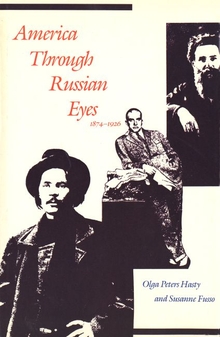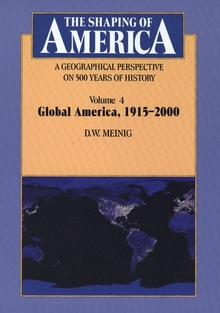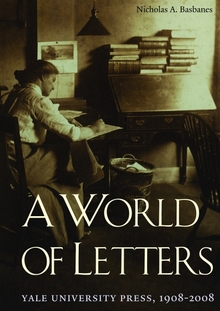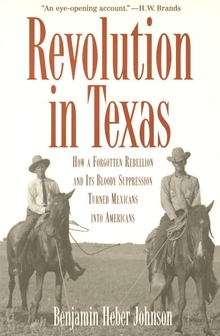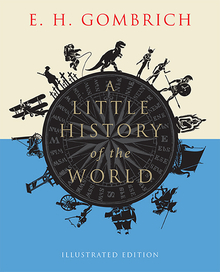The Puritan Origins of the American Self
WARNING
You are viewing an older version of the Yalebooks website. Please visit out new website with more updated information and a better user experience: https://www.yalebooks.com
With a New Preface
Sacvan Bercovitch; With a New Preface by the Author
 View Inside
Format: Paper
View Inside
Format: PaperPrice: $26.00
Please select your location:
Can not distribute to selected Country
Digital Products
One-Year, Individual Subscriptions
- Use this form to buy individual subscriptions to HUP digital products.
- Upon completion of your order, you will immediately receive an email confirmation.
- Within 2–3 business days from the completion of your order, you will receive a follow-up email with account setup details for the digital product(s) you purchased.
- To order a gift subscription, simply place a regular order using your own contact information. Once you receive the email with account setup details you can forward that message directly to the gift recipient, or share the information in whatever manner you prefer.
- Orders will be billed by our distributor, Triliteral, LLC.
- For billing inquiries, please contact Triliteral directly:
Triliteral LLC, 100 Maple Ridge Drive, Cumberland, RI 02864, USA
Tel: (800) 405-1619 | (401) 531-2800
Fax: (800) 406-9145 | (401) 531-2801
Email: customer.care@triliteral.org - For inquiries about account access (after you have received your initial account setup email, or if you have not received such an email within 2–3 business days after completion of your order), please contact digitalsupport_hup@harvard.edu.
- For information about institutional sales: daredictionary.com | loebclassics.com
“The most valuable achievement in colonial American literature since the best work of Perry Miller.”—David Levin, William and Mary Quarterly
“A brave and brilliant book…that is the most significant and far-reaching contribution to the theory of American literature in recent years.”—Alan Trachtenberg, Partisan Review
“A study which reaches with daring ease from the Bible and Augustine to Emerson and Whitman… [and] offers an agenda for the next several decades of scholarly work on colonial religious studies.”—John F. Wilson, Theology Today
“[Bercovitch] casts a dazzling light on the myth of America and the conundrums of individuality and community that are the core of the American character.”—Michael Zuckerman, Early American Literature
“The issuing of The Puritan Origins of the American Self, with a fascinating new preface by Sacvan Bercovitch, is an occasion for celebration. A landmark contribution to American studies, the book is also a model, still vital and generative after many years, for any attempt to analyze the ideological dream-life upon which nations are founded. Bercovitch has an uncanny ability to be at once knowing and innocent, a sophisticated master of the textual archive and a wide-eyed stranger, like Kafka’s Max Rossmann, amazed by what he is witnessing on the shores of the New World. A major and enduring achievement.”—Stephen Greenblatt, Cogan University Professor of the Humanities, Harvard University
“Now reissued with a powerful new preface by the author that extends the argument through the scholarly waves of the past three decades, this American Studies classic makes a compelling and provocative case for continuities in the rhetoric of America from Puritanism to our own times.”—Werner Sollors, Henry B. and Anne M. Cabot Professor of English Literature and Professor of African and African American Studies.Harvard University
“Now framed by a luminous new Preface, this book offers something still too rare: a brilliant and boldly erudite interpretation of America’s distinctiveness that is not exceptionalist but comparative.”—Jonathan Arac, Andrew W. Mellon Professor of English, University of Pittsburgh
Publication Date: May 31, 2011


